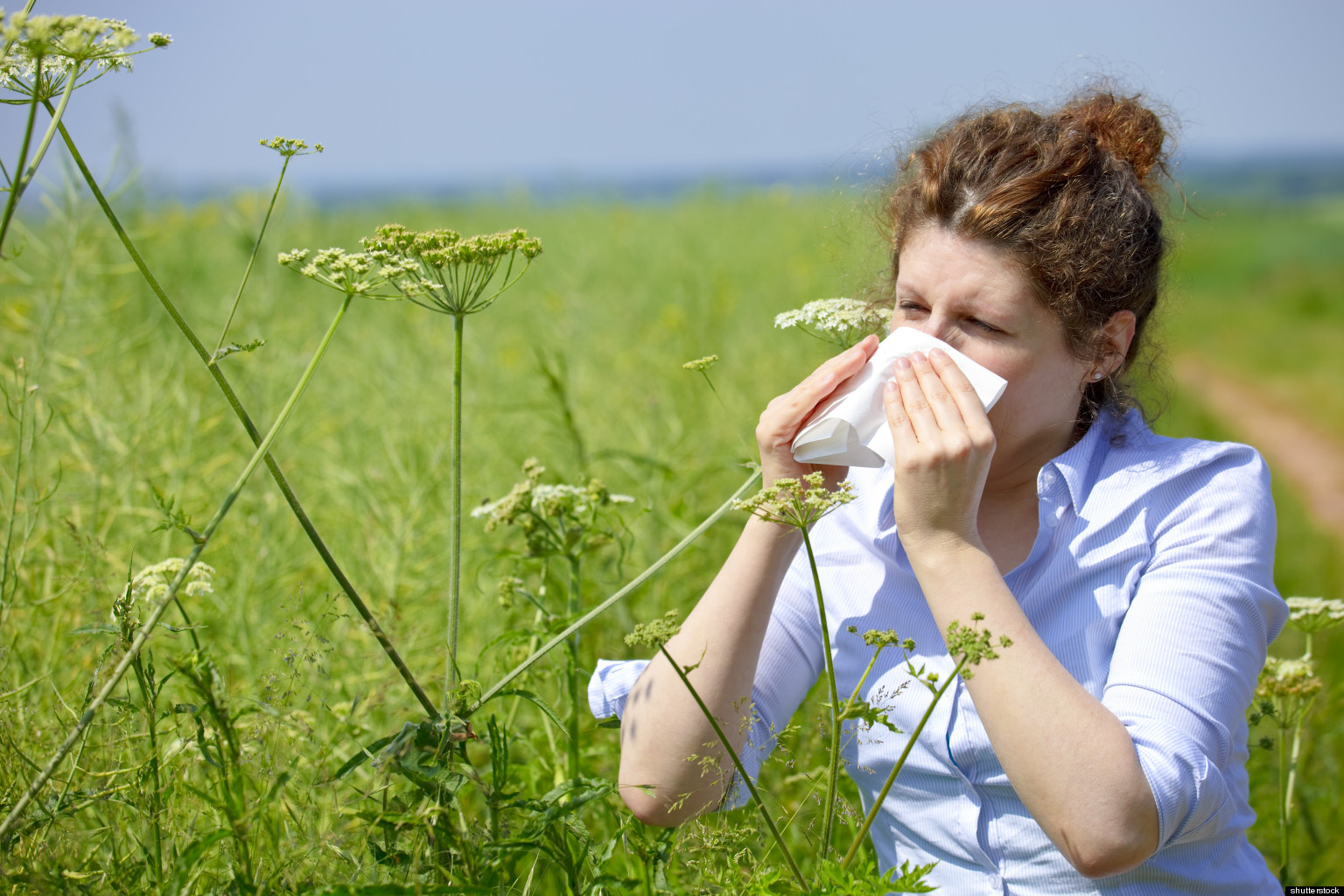Battle of The Seasons: Spring vs. Fall Allergies
Which season is extra complex for allergy patients? That relies upon what you're liable to. no matter whether it is tree dust in the spring or ragweed in the fall — we want to realize which hypersensitivity season influences you most.
SPRING hypersensitive reactions
Tree dirt is a standout amongst the maximum broadly recognized spring hypersensitivity aspect consequences. in the spring, torpid trees awaken, regularly with a retribution. They discharge dust into the air as a technique for duplicating yet regrettably, that dirt can trigger a allergy in many individuals.
dirt include are normally maximum improved the morning, and on heat and breezy days. dust may be tough to keep a strategic distance from inside the spring, when dirt tallies are high. on the off hazard that you revel in the ill outcomes of this hypersensitive reaction, attempt to constrain the time you spend outside on particularly high dust tally days.
FALL hypersensitive reactions
Ragweed dust is the hotspot for a few ordinary fall sensitivity manifestations. It develops for the duration of the united states and discharges dust from August to November. usually, ragweed dirt encompass are most expanded mid-September. perhaps that is the motive some youngsters cry whilst they come again to magnificence that month.
form is also a humdrum trigger for pre-winter hypersensitivities. Molds are growths (no longer those you devour in plates of mixed veggies) that flourish in sodden, moist situations. The spoiling leaves of fall provide an exceptional home to shape development, and to the disservice of allergy sufferers, discharge spores into the air to replicate. those small spores are often the guilty celebration for the ones runny noses and watery, angry eyes you discover in hypersensitive reaction patients.
each spring and fall have their provide of tough allergens. Which season is extra regrettable honestly comes all the way down to what you are adversely affected by and precisely how unfavorably susceptible you are.
SPRING hypersensitive reactions
Tree dirt is a standout amongst the maximum broadly recognized spring hypersensitivity aspect consequences. in the spring, torpid trees awaken, regularly with a retribution. They discharge dust into the air as a technique for duplicating yet regrettably, that dirt can trigger a allergy in many individuals.
dirt include are normally maximum improved the morning, and on heat and breezy days. dust may be tough to keep a strategic distance from inside the spring, when dirt tallies are high. on the off hazard that you revel in the ill outcomes of this hypersensitive reaction, attempt to constrain the time you spend outside on particularly high dust tally days.
FALL hypersensitive reactions
Ragweed dust is the hotspot for a few ordinary fall sensitivity manifestations. It develops for the duration of the united states and discharges dust from August to November. usually, ragweed dirt encompass are most expanded mid-September. perhaps that is the motive some youngsters cry whilst they come again to magnificence that month.
form is also a humdrum trigger for pre-winter hypersensitivities. Molds are growths (no longer those you devour in plates of mixed veggies) that flourish in sodden, moist situations. The spoiling leaves of fall provide an exceptional home to shape development, and to the disservice of allergy sufferers, discharge spores into the air to replicate. those small spores are often the guilty celebration for the ones runny noses and watery, angry eyes you discover in hypersensitive reaction patients.
each spring and fall have their provide of tough allergens. Which season is extra regrettable honestly comes all the way down to what you are adversely affected by and precisely how unfavorably susceptible you are.

No comments